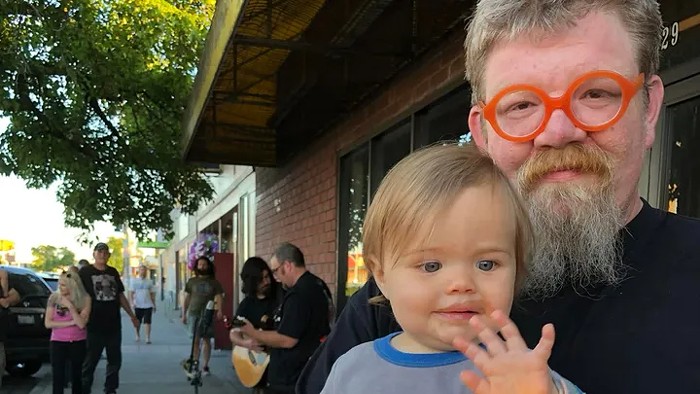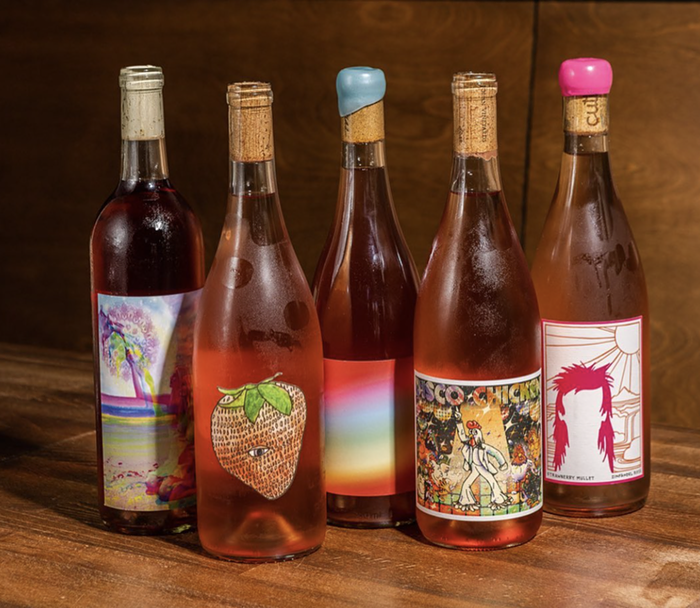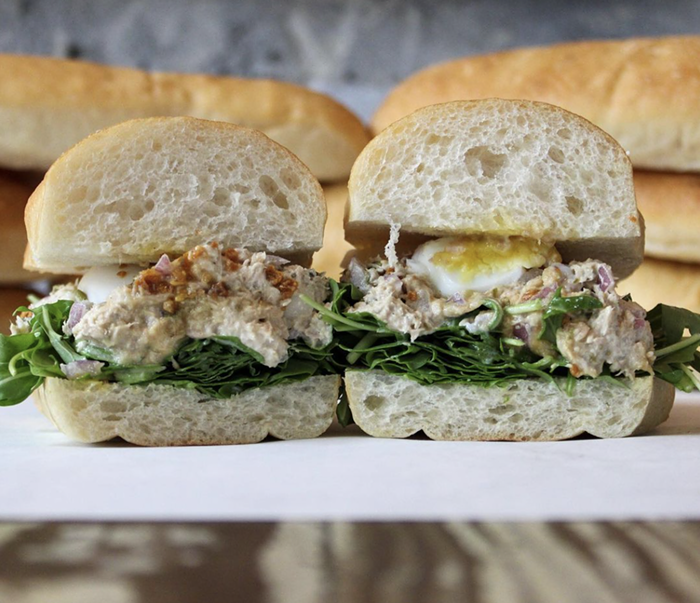I must begin with this fascinating passage from David Owen's Green Metropolis: "When a French-American salvage expedition, beginning in the mid-1990s, retrieved items from the RMS Titanic, which sank in 1912, none of the thousands of recovered articles—'gold and silver wrist- and pocket watches, buttons, bracelets, jeweled necklaces, rings, tiepins and hairpins, gold pince-nez spectacles, leather goods, several hundred English coins, ivory combs, mirror cases, and hairbrushes'—included anything made of plastic, the first truly modern form of which, Bakelite, had only just been invented when the ship set sail." If, say, one of Princess Cruises' massive ships sank today (just over 100 years after the Titanic's first and last trip) and was not recovered for 100 years, our distant and possibly more environmentally rational (meaning, less capitalistic) descendants would be appalled by the thousands upon thousands of articles—cell phones, headphones, microphones, blow-dryers, vibrators—made of plastic. Our civilization is all about plastic and oil.
The material world of another time in history (the 1940s) can be found beneath the Panama Hotel Tea & Coffee House, a very cozy and quiet place that's on the ground floor of what was once the center of Nihonmachi (Japantown), the Panama Hotel. This is how you get there: From the main entrance that faces Main Street, you walk into the tearoom, order a glass of wine (it's poured into the bowl of a big glass with a long stem—the cafe also serves hard stuff), down the wine, and place the empty glass on one of the five or so tables. And then proceed to an area that's near the back and next to a set of steps that lead down to a lounge space packed with all sorts of things—a long wood table, couches, big red flowers, wicker chairs, cushions, a brick wall, framed black-and-white photographs, standing lamps, a freestanding coat rack, a low coffee table, old wooden barrels, a rusting teapot, and a colorful cluster of maneki nekos (beckoning cats).
At this point, you look down and see through a Plexiglas floor panel objects that are slowly disintegrating from a state of highly improbable order to highly probable disorder. There is a folded kimono, a suitcase with stickers on it, tools, a green chair, a dusty basket, and a winter jacket with white fur on its hood. (There is also supposed to be an old newspaper with the headline "Evacuation of Japanese Due Within 10 Days," but I've never located it.) Because the hardwood floors of the Panama Hotel creak with each step you take, you feel indeed that the ghosts are not those who were shipped to internment camps in Idaho and Montana, but you—the living and breathing and drinking being on this side of the void. ![]()




















